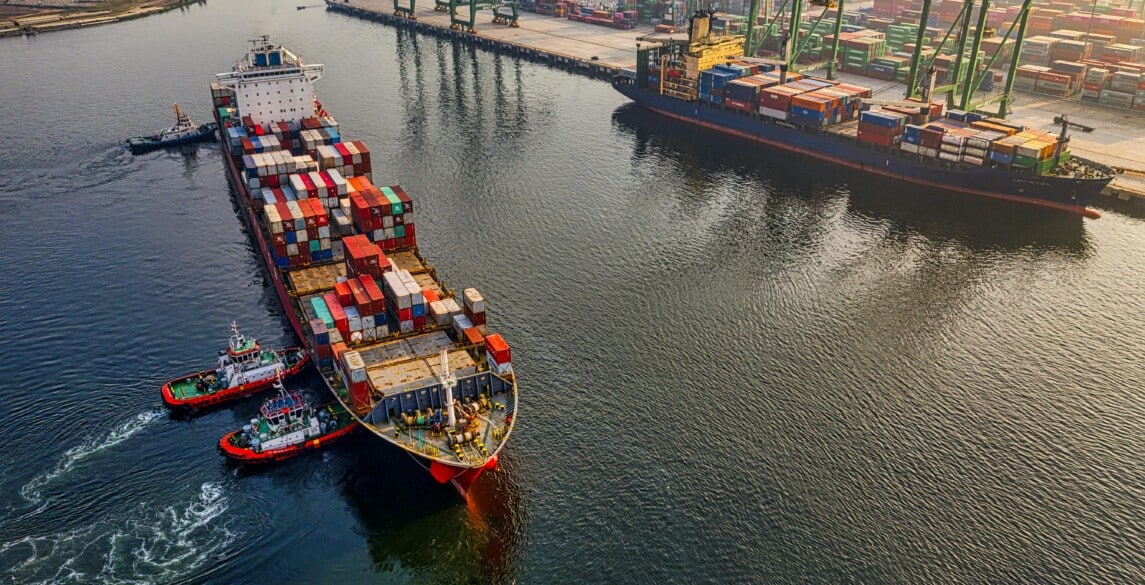Things to Watch in 2025 That Can Impact International Relocations
With a new administration around the corner, critical policy changes could be on the horizon—directly impacting workforce mobility, cross-border operations and global supply chains.

2025 is shaping up to be a pivotal year for international relocations as businesses and HR professionals alike gear up to adapt to a shifting political and economic landscape. With a new administration around the corner, critical policy changes could be on the horizon—directly impacting workforce mobility, cross-border operations and global supply chains.
We’ve highlighted potential challenges, opportunities and strategies to help HR professionals stay ahead of the curve.
H-1B Visas and Global Workforce Mobility
When it comes to talent acquisition and employee relocation, the H-1B visa program has always been a hot-button topic. Large multinational corporations—Google, Amazon, Tesla, Microsoft, to name a few—rely heavily on this program to recruit the specialized talent needed to keep operations running. However, the landscape has been anything but predictable in recent years.
During former President Donald Trump’s first term, 52 policies severely limited access to visas and green cards for skilled workers. With some members of President-elect Trump’s cabinet echoing this stance, volatility and unpredictability are likely to remain key issues for HR professionals managing global mobility programs.
To mitigate these risks:
- Stay informed about proposed visa legislation and updates from the U.S. Department of Homeland Security.
- Develop contingency plans by exploring different visa options or focusing on virtual work arrangements for roles that would not be affected by such policy changes.
- Lean on experts like global mobility advisors or relocation specialists to help employees transition smoothly during uncertain times.
Tariffs, Shipping Routes and Supply Chain Impacts
International relocations don’t just involve people—they rely heavily on the smooth transportation of goods and services. Any disruption to supply chains can have ripple effects on relocation schedules, operations and costs.
A key area of focus for the incoming administration has been trade tariffs. President-elect Trump has announced plans to impose a 25% tariff on goods from Mexico and Canada, along with an additional 10% tariff on Chinese imports. This could prompt businesses to re-evaluate sourcing strategies, potentially relocating production hubs to alternative markets.
The United States’ involvement with the Panama Canal—a key trade route—has also entered the political conversation. Following record droughts that impacted canal operations in 2023, further negotiations between the U.S. and Panama could reshuffle shipping routes that many companies have long depended on.
What does this mean for relocations?
- Longer Timelines: Shifting supply chains to new markets or territories is not an overnight process. This could lead to delays for employees who require company assets or resources to relocate.
- Higher Costs: Tariffs can drive costs upward, adding unforeseen expenses to relocation budgets.
- Strategic Opportunities: Tariff changes may open up opportunities to explore untapped markets, creating new relocation hubs.
Changes in Global Markets
Economic stability is a crucial factor influencing international relocations. As we move into 2025, several global markets are facing economic and political turbulence. For example, France is grappling with widening deficits and the collapse of its government in late 2024 which have left policy decisions in limbo; Germany is preparing for elections this year after its governing coalition fell apart; and Canada is experiencing uncertainty following the resignations of former Prime Minister Justin Trudeau and the country’s finance minister.
This climate of political instability can directly impact international relocation plans in various ways:
- Delays in transition due to slowed governmental processes.
- Challenges in employee support as relocations to politically unstable regions require more resources for security, housing, and financial planning.
- Uncertainty in exchange rates, which might impact compensation packages and costs for international assignments.
To tackle these challenges, proactive measures should be considered:
- Monitor exchange rates and economic forecasts regularly to adjust compensation packages as needed.
- Provide additional relocation support, including cultural training and readily available helplines for employees relocating to volatile regions.
- Consult global mobility experts to assess the best relocation strategies for specific markets.
Supporting Your International Relocation Needs in 2025 and Beyond
Navigating the complexities of international relocations in a year marked by political change requires preparation, flexibility and expertise. At Hilldrup, we specialize in making even the most challenging relocations seamless. From global mobility support to supply chain coordination, our team is here to help every step of the way.
Interested in learning more about how we can help? Reach out to our international team today and make your relocations as smooth as possible.


